Tariffs, strikes, and women’s rights
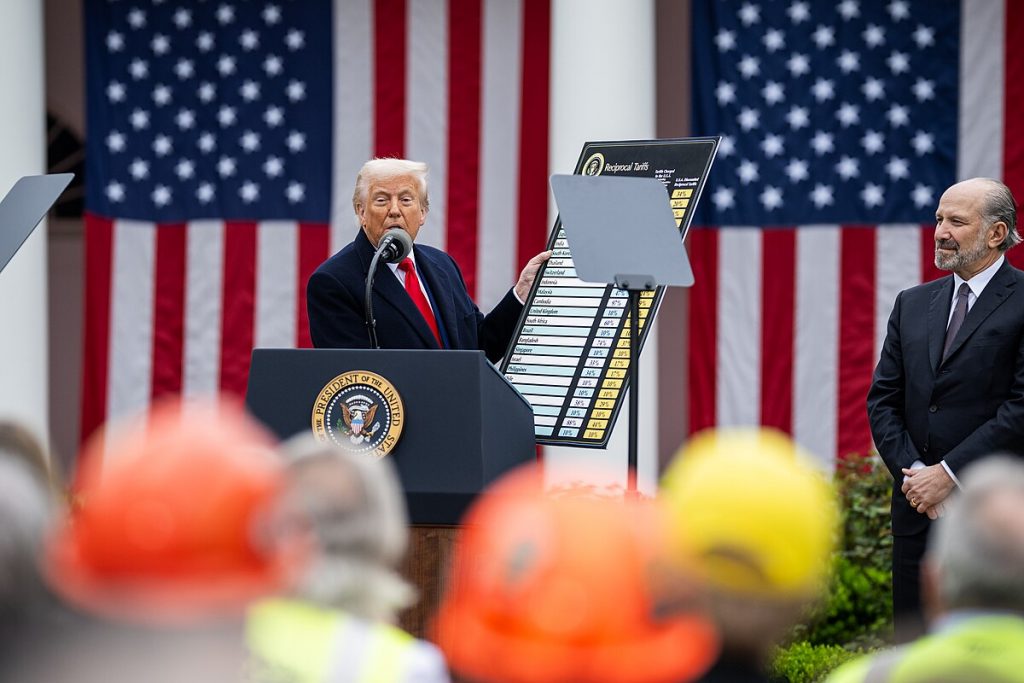
Matthew Miller delivers the April political report of the YCL Central Committee
Neoliberalism to blame for Britain’s weather woes
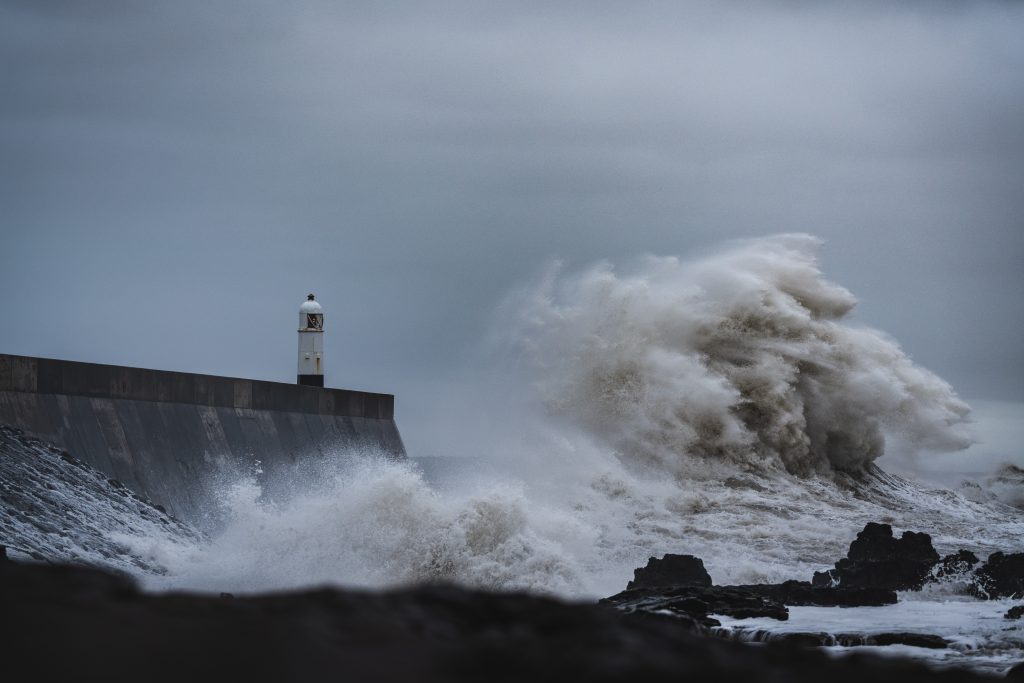
Given what we already know about the role of capitalism as a major cause of climate change, it is obvious that it is contributing to the environmental destruction currently facing the UK. However, this crisis goes beyond this, and it is important to highlight the role of neoliberal domestic policies over the last forty years that have weakened our position to combat these extreme weather events.
Unpacking neoliberalism – A Marxist lesson to the moderate left
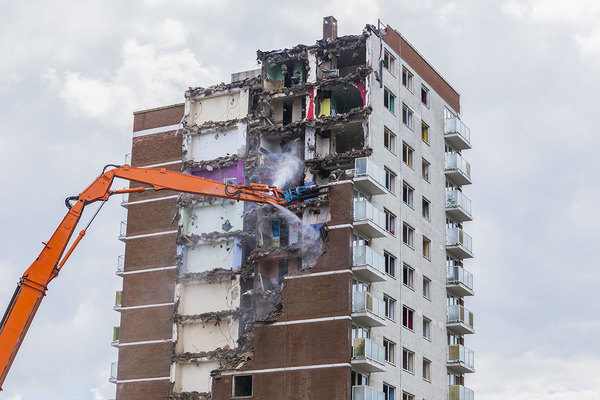
Tom Bird writes on the importance of Marxism in examining contemporary capitalism
G7 leaders meet in Cornwall this weekend
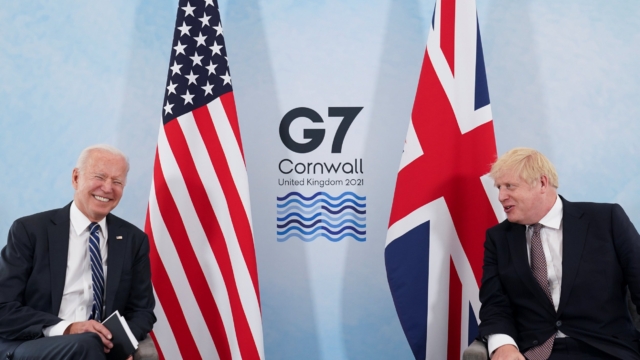
G7 leaders from across the world have travelled to Carbis Bay, near St Ives in Cornwall as talks continue across the weekend, with Covid-19 vaccines and the environment high up on the agenda. The G7 brings together the largest capitalist economies, from Canada, France, Germany, Italy, Japan, the UK and the United States. Russia joined to form the G8 but has since been excluded. Other leaders have also been invited this year, including the far right leader of the BJP in India, Narendra Modi, who will attend virtually, while Ursula von der Leyen will represent the European Union.
Wrong priorities in education

In the last few weeks the Tories, headed by Gavin Williamson, Secretary of State for Education (pictured), have been busy putting out new information for schools to safeguard children. Unfortunately the threats they’re tackling are not the growing threat of coronavirus, but the threat to their minds from dangerous ideas like anti-capitalism
Capitalist ideas and working class power
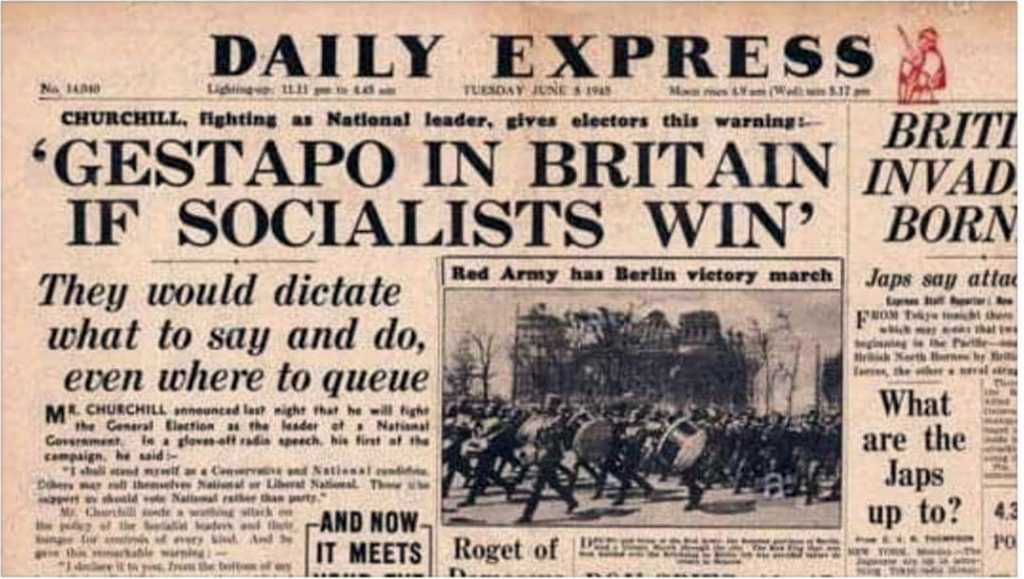
Nick Wright discusses the prevalence of rampant individualism among Britain’s media and ruling class during the coronavirus pandemic and the ideological significance of attacks on public health measures as ‘Stasi hell’.
After the TUC Congress 2020
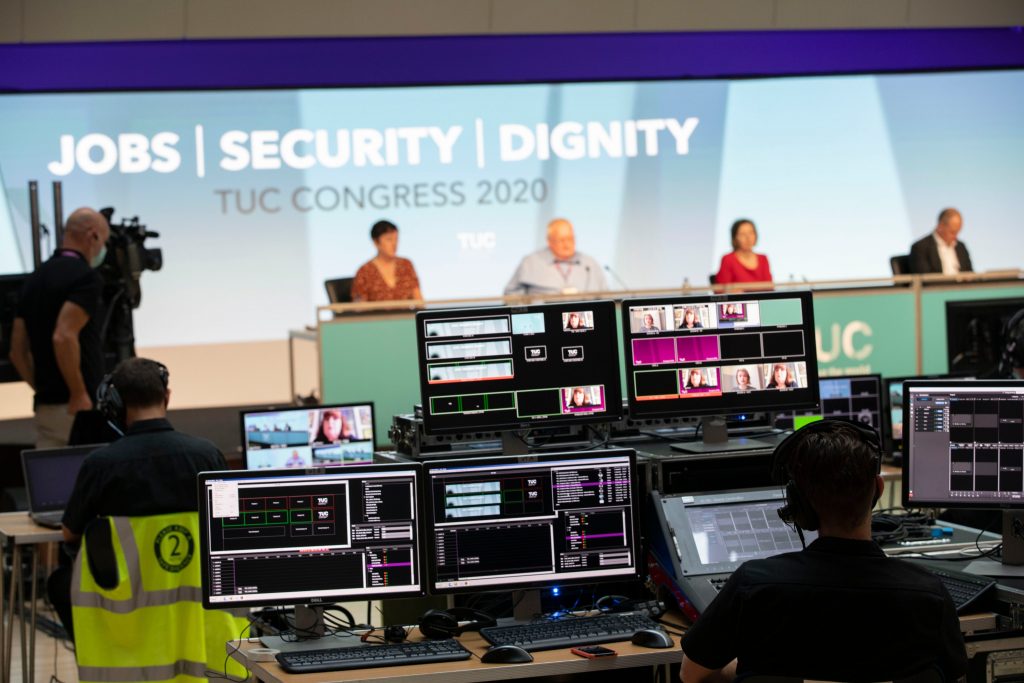
Daragh O’Neill discusses the outcomes of last week’s TUC Congress which was held online for the first time – and the challenges facing the labour movement as we head towards 2021.
Privatisation Shock Doctrine in full effect as the Tories take advantage of the COVID-19 Crisis
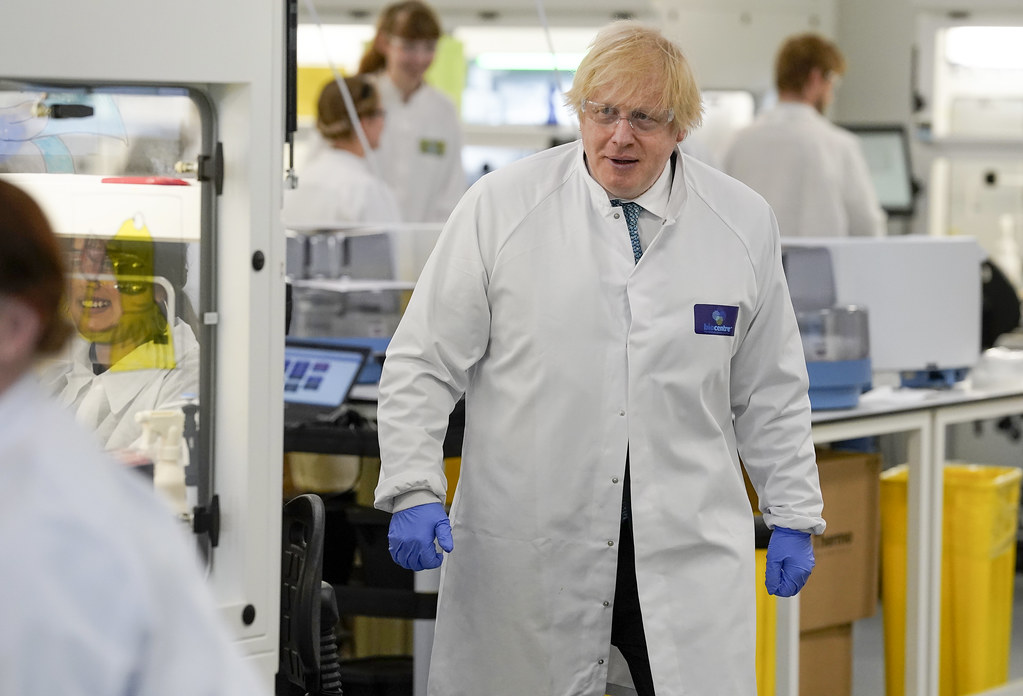
Daragh O’Neill sounds the alarm bell on creeping Tory privatisation of our NHS, which is taking advantage of coronavirus gripping the country to accelerate changes and siphon off public money.
Marxism and intersectionality

Ben Lunn provides a Marxist critique of intersectionality and discusses an understanding of oppression and discrimination based on a class perspective


